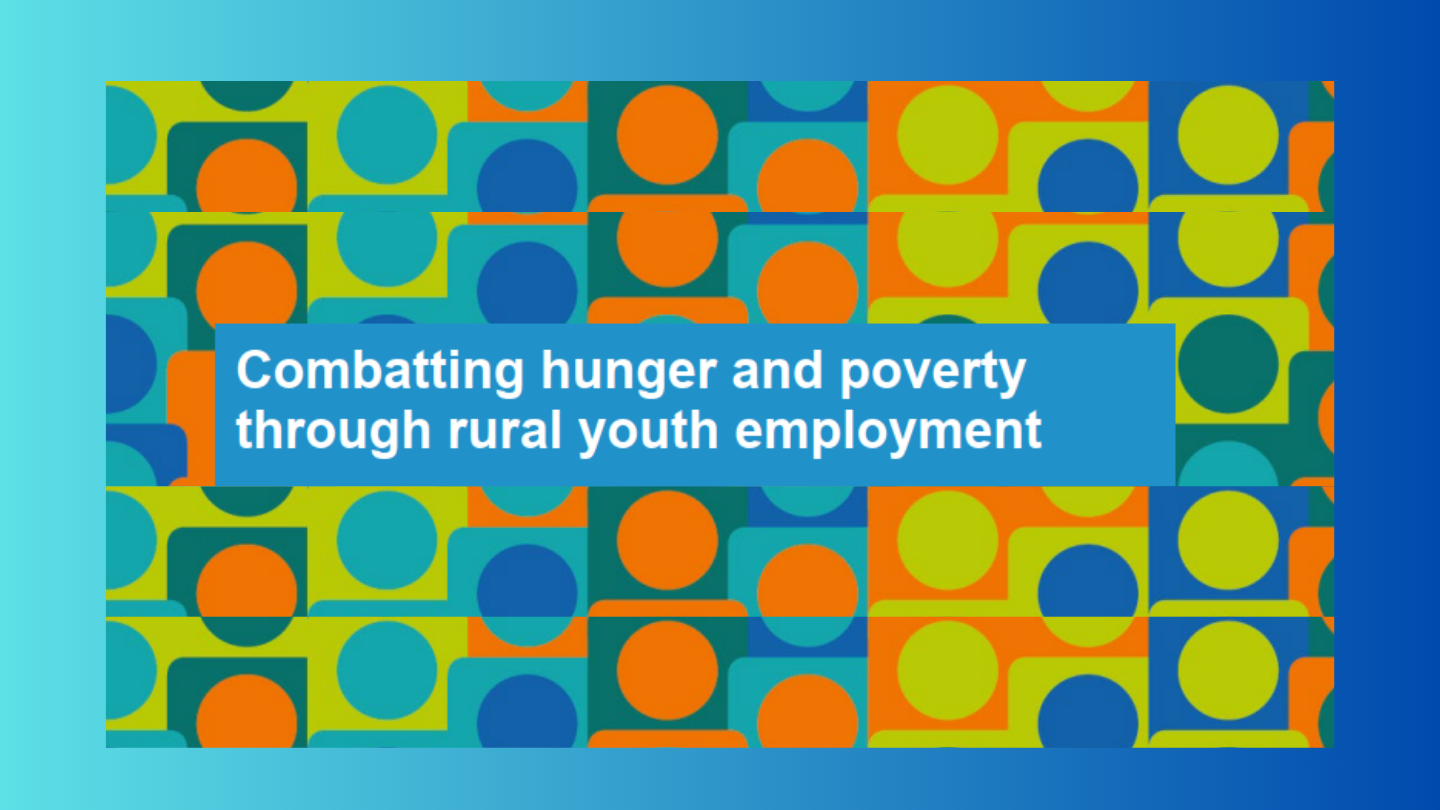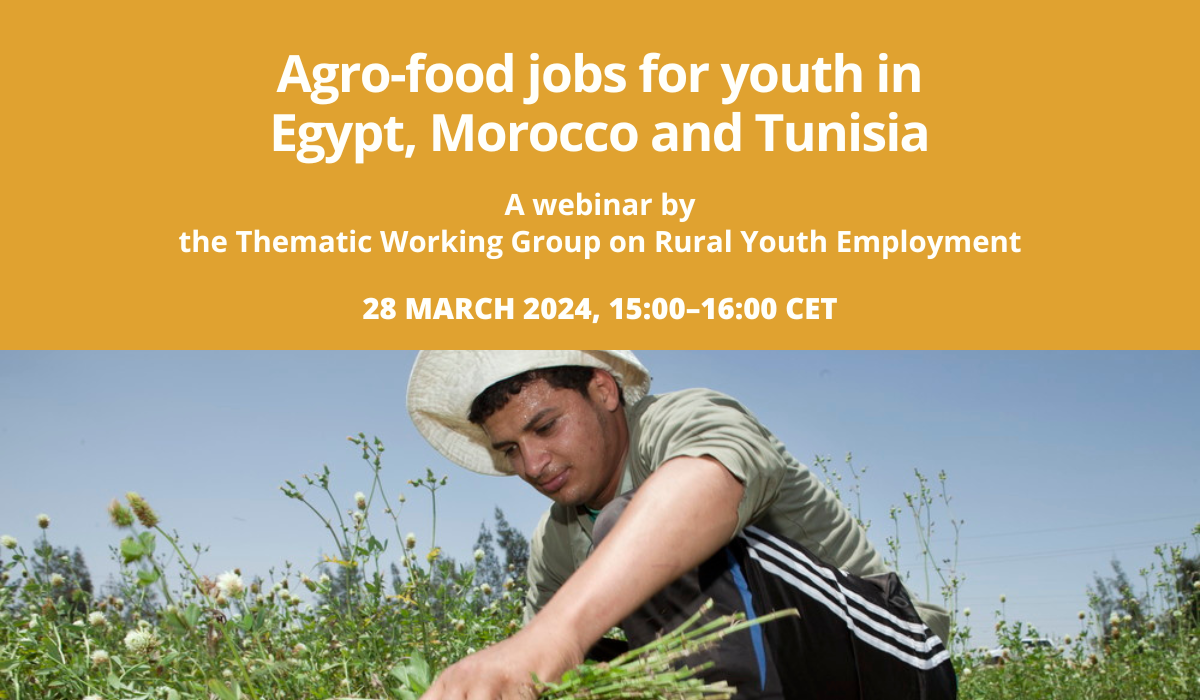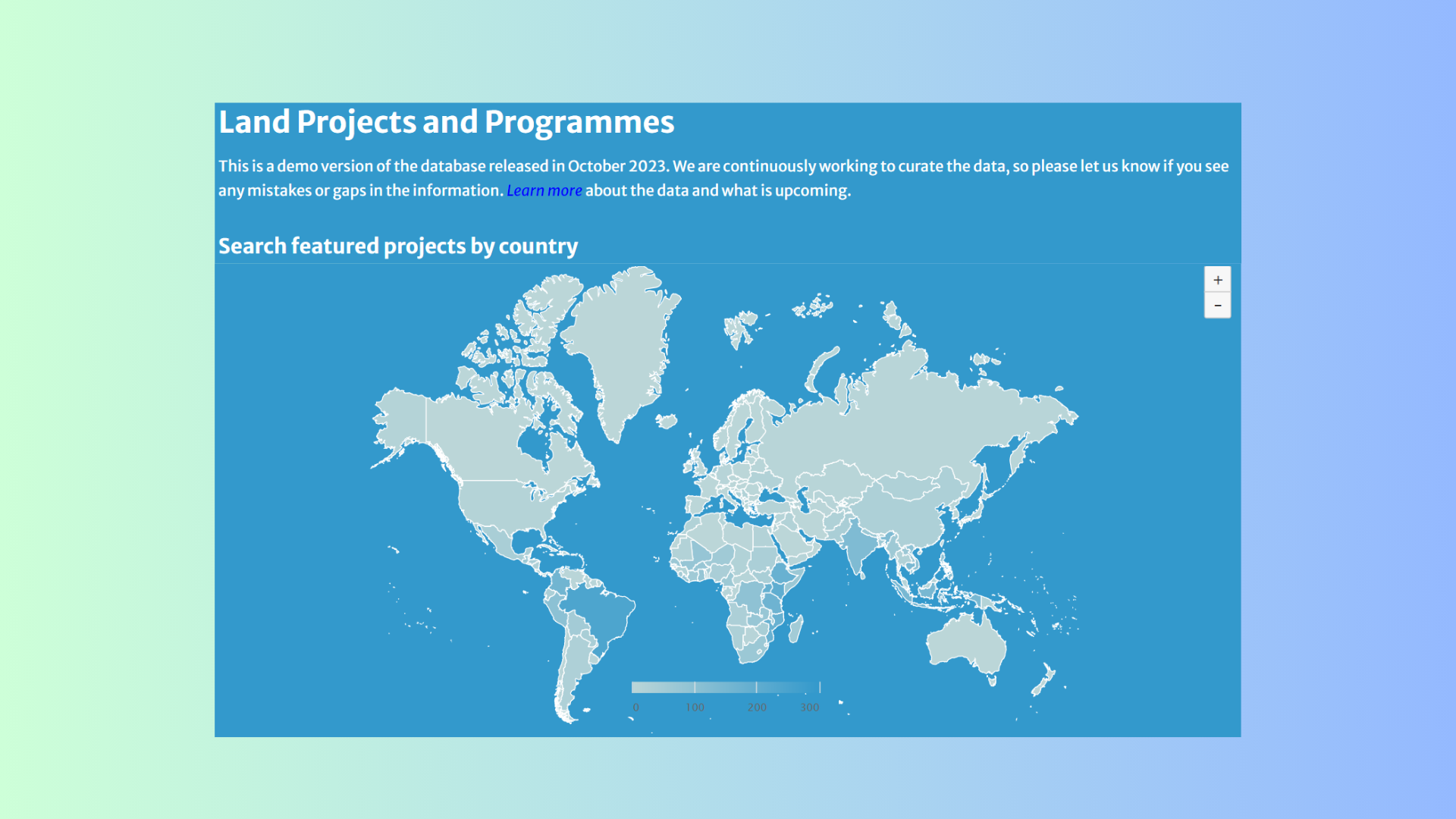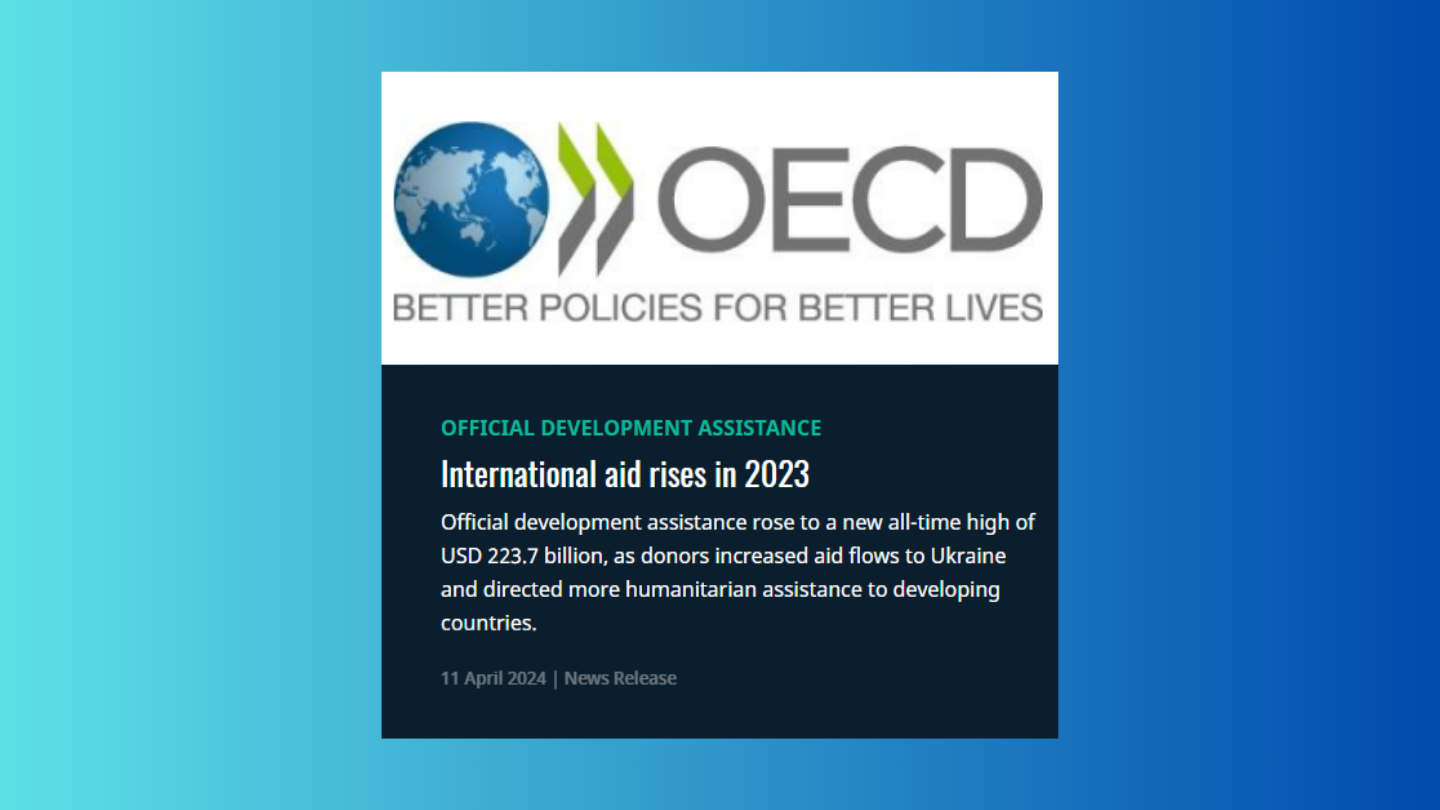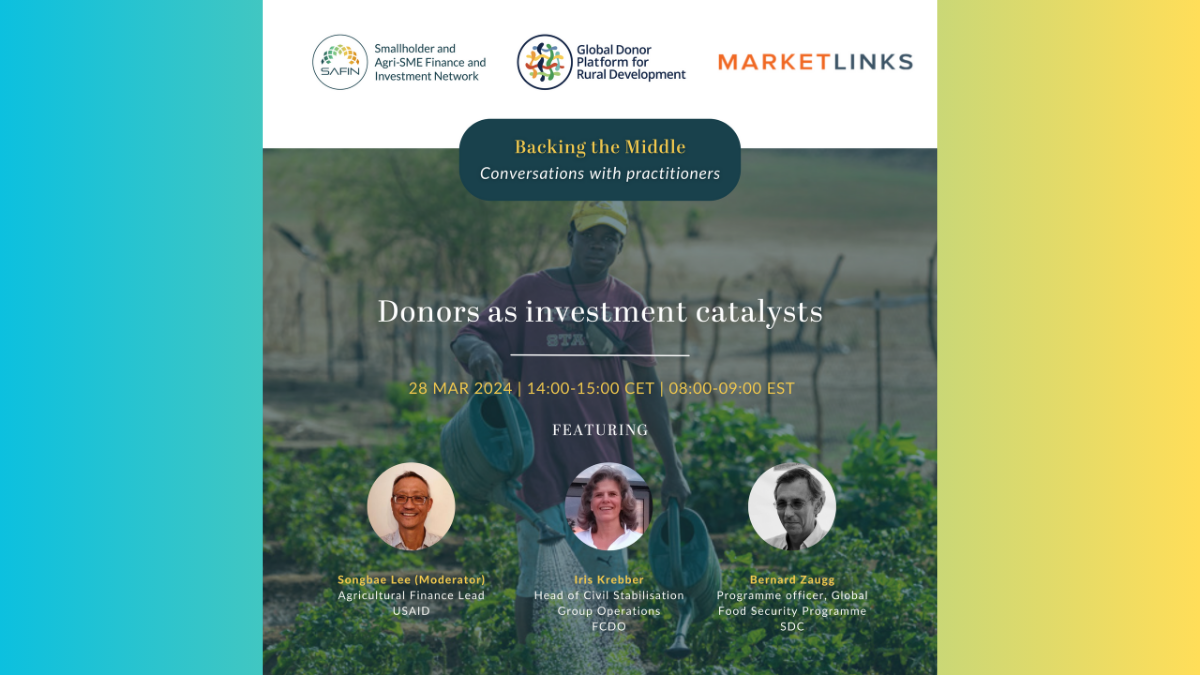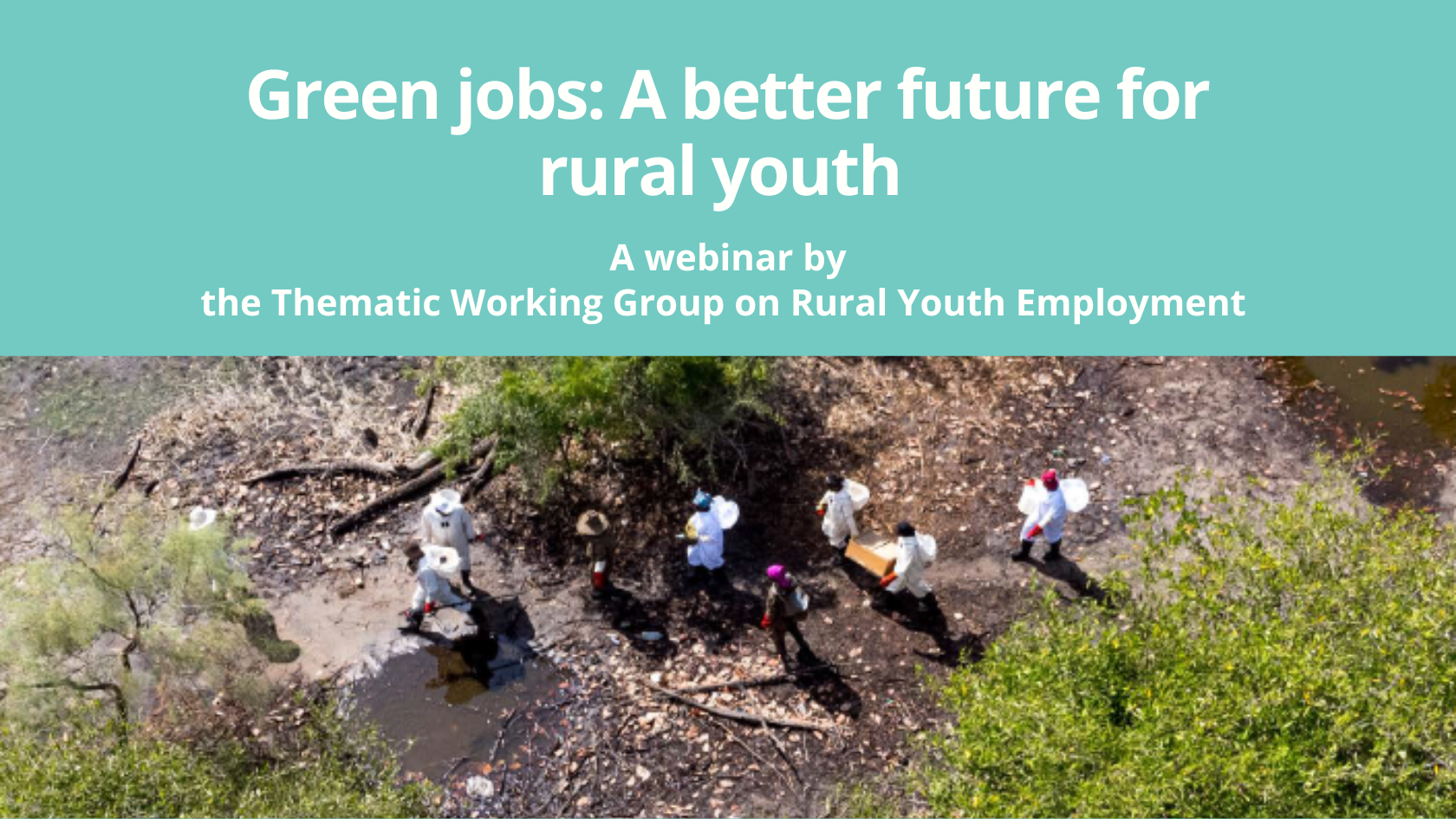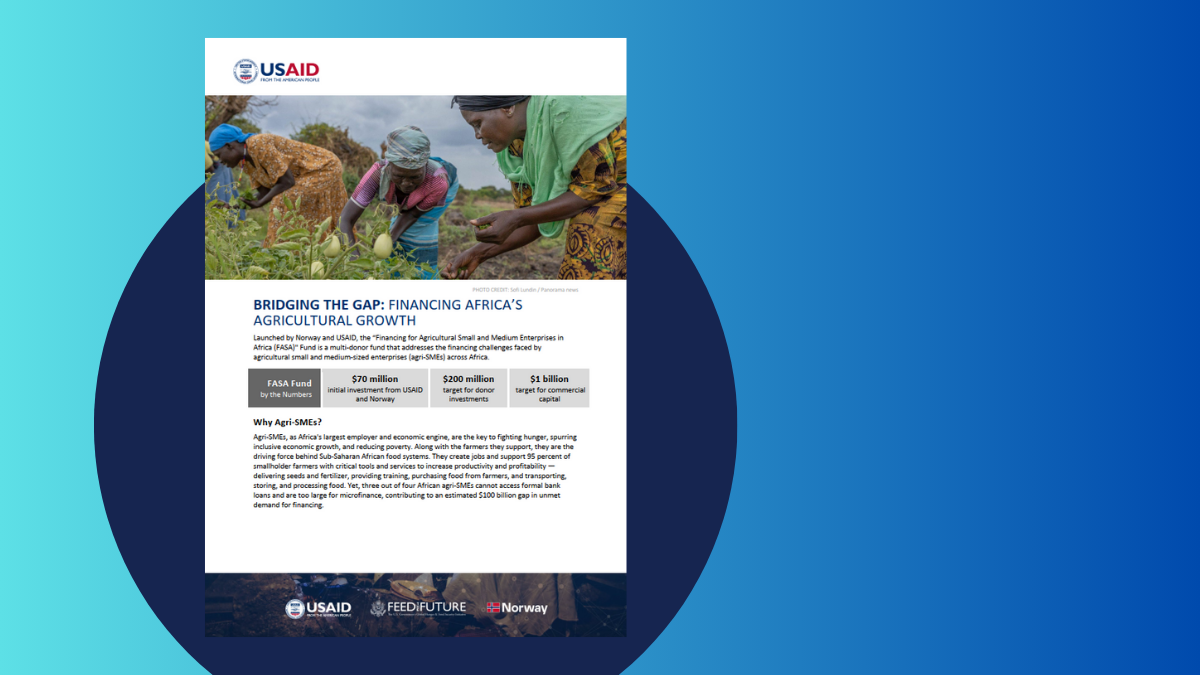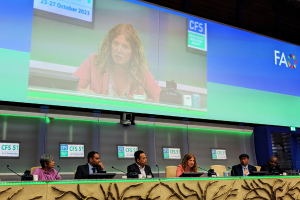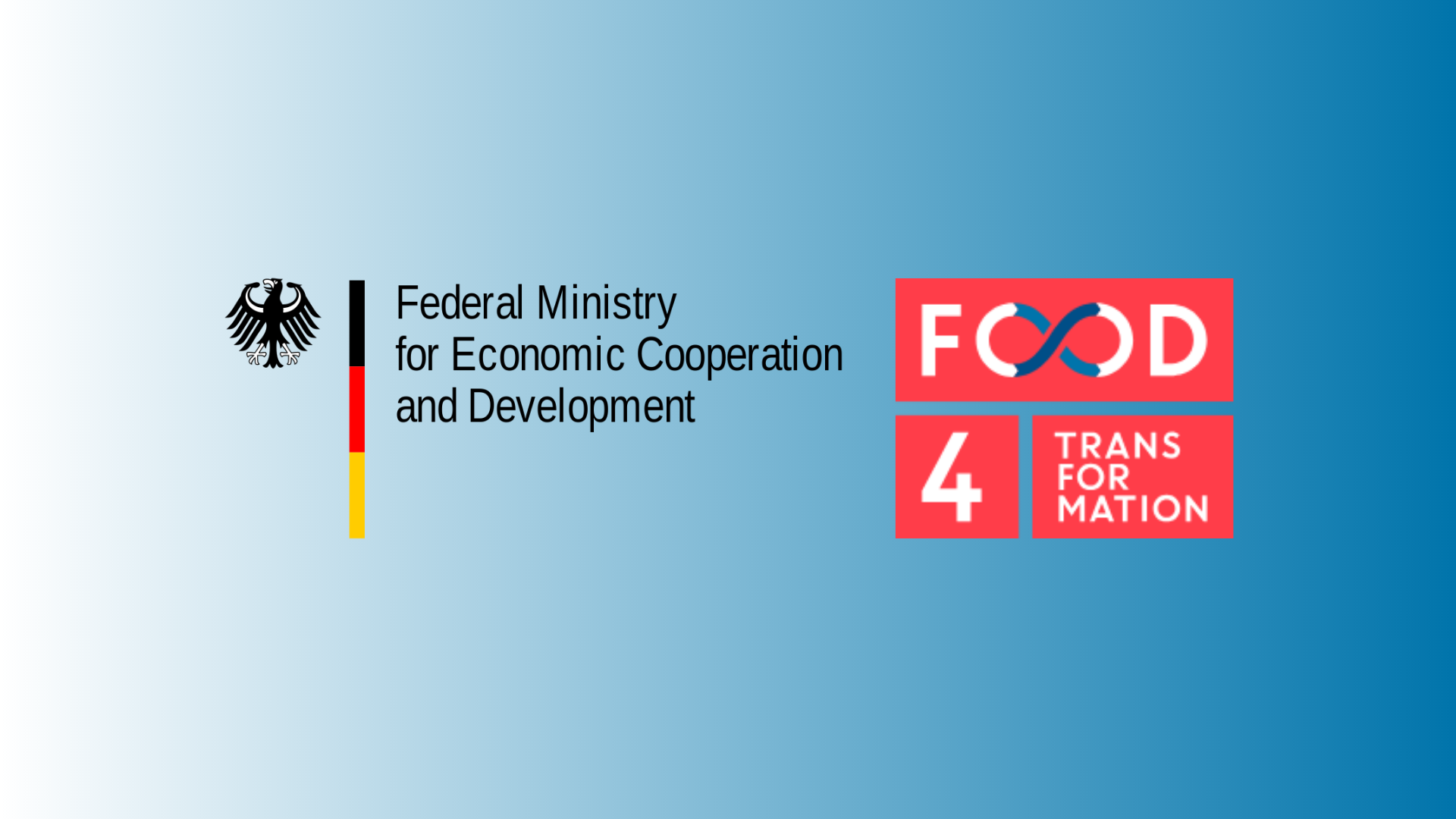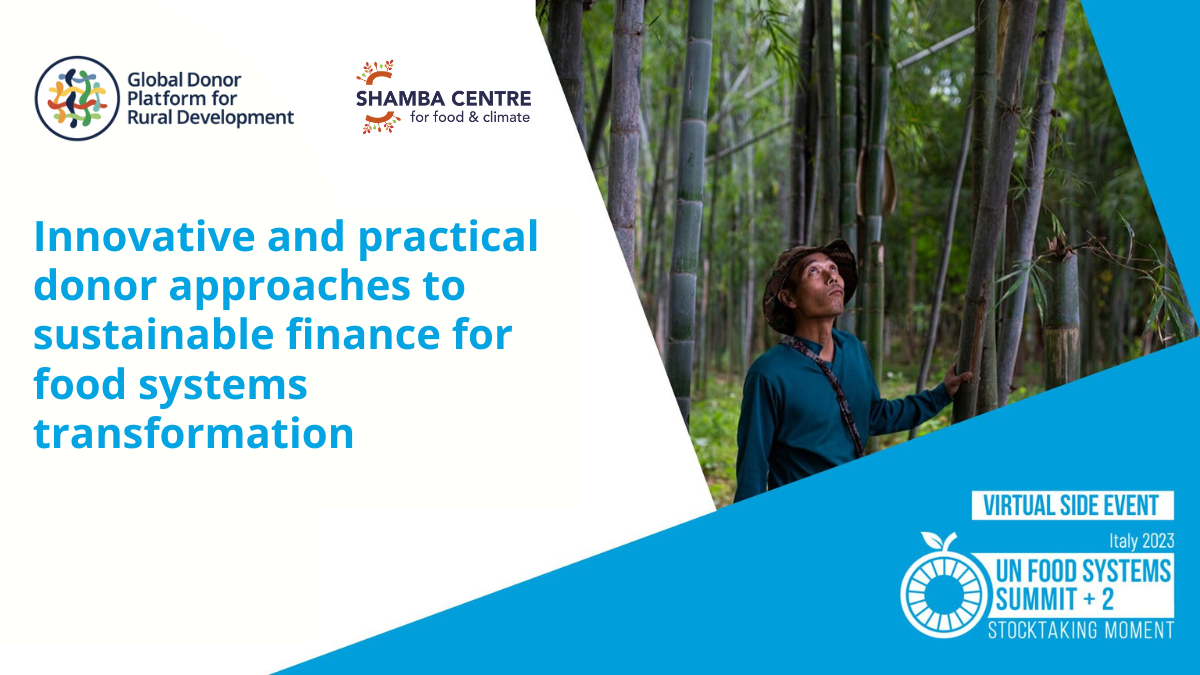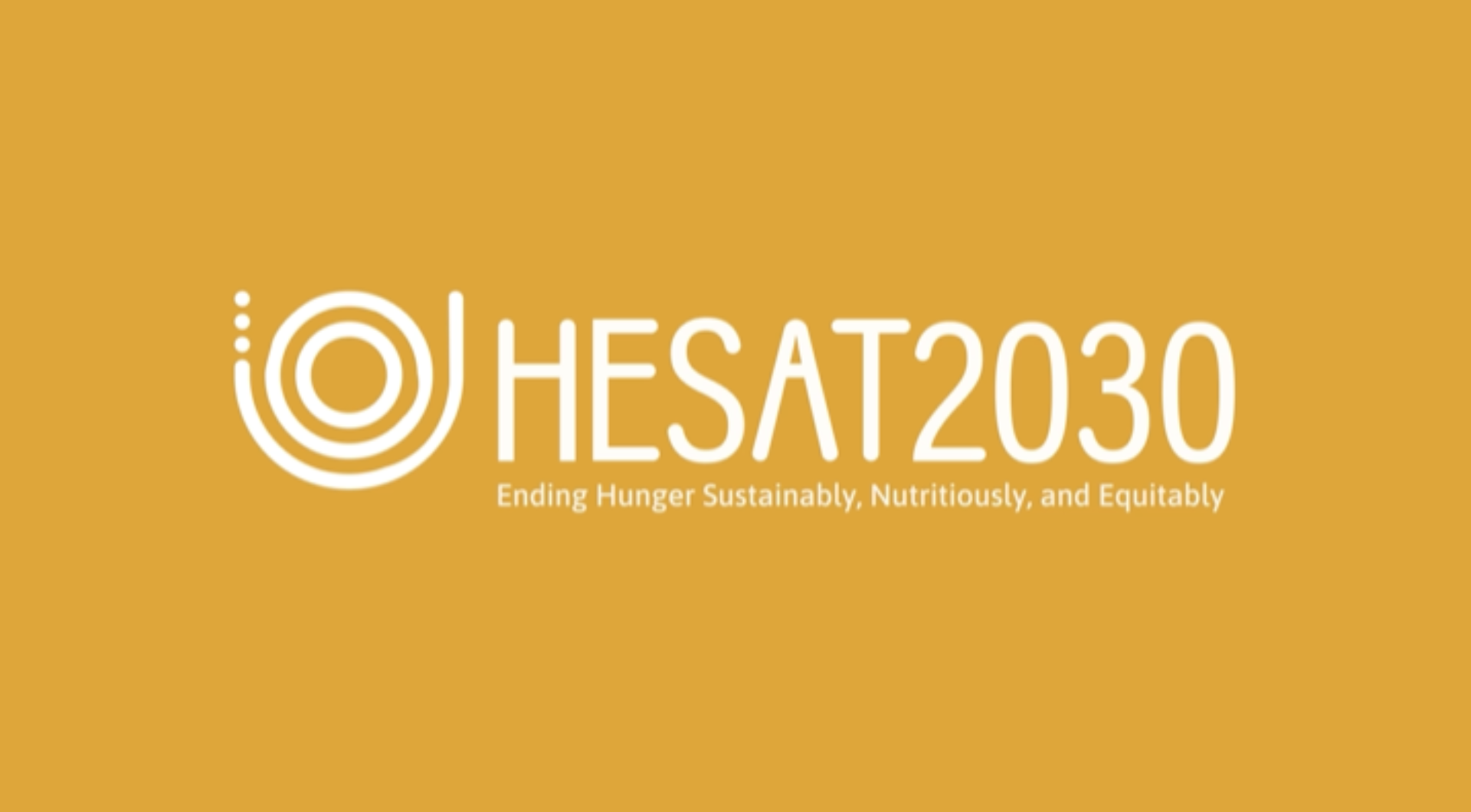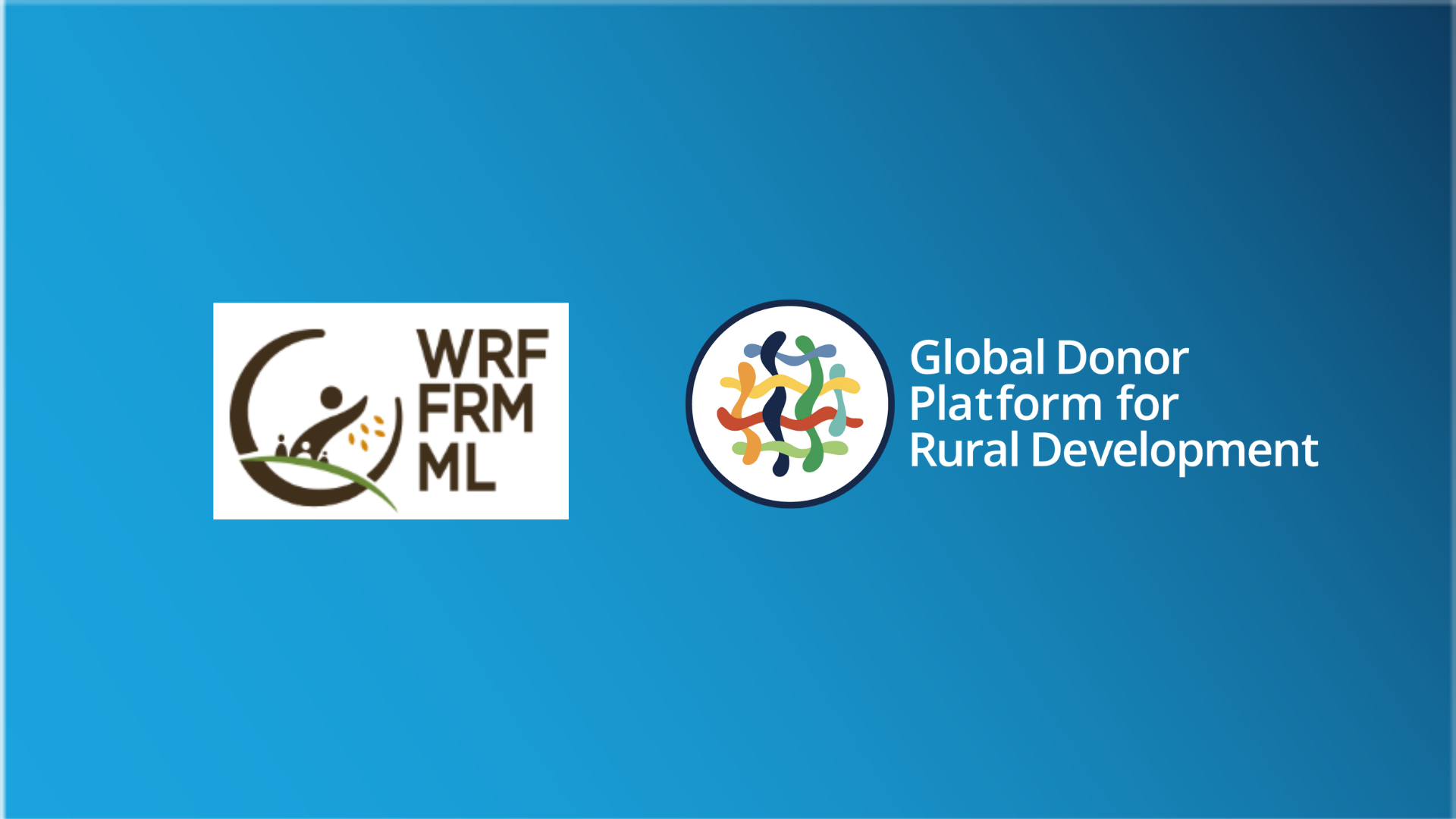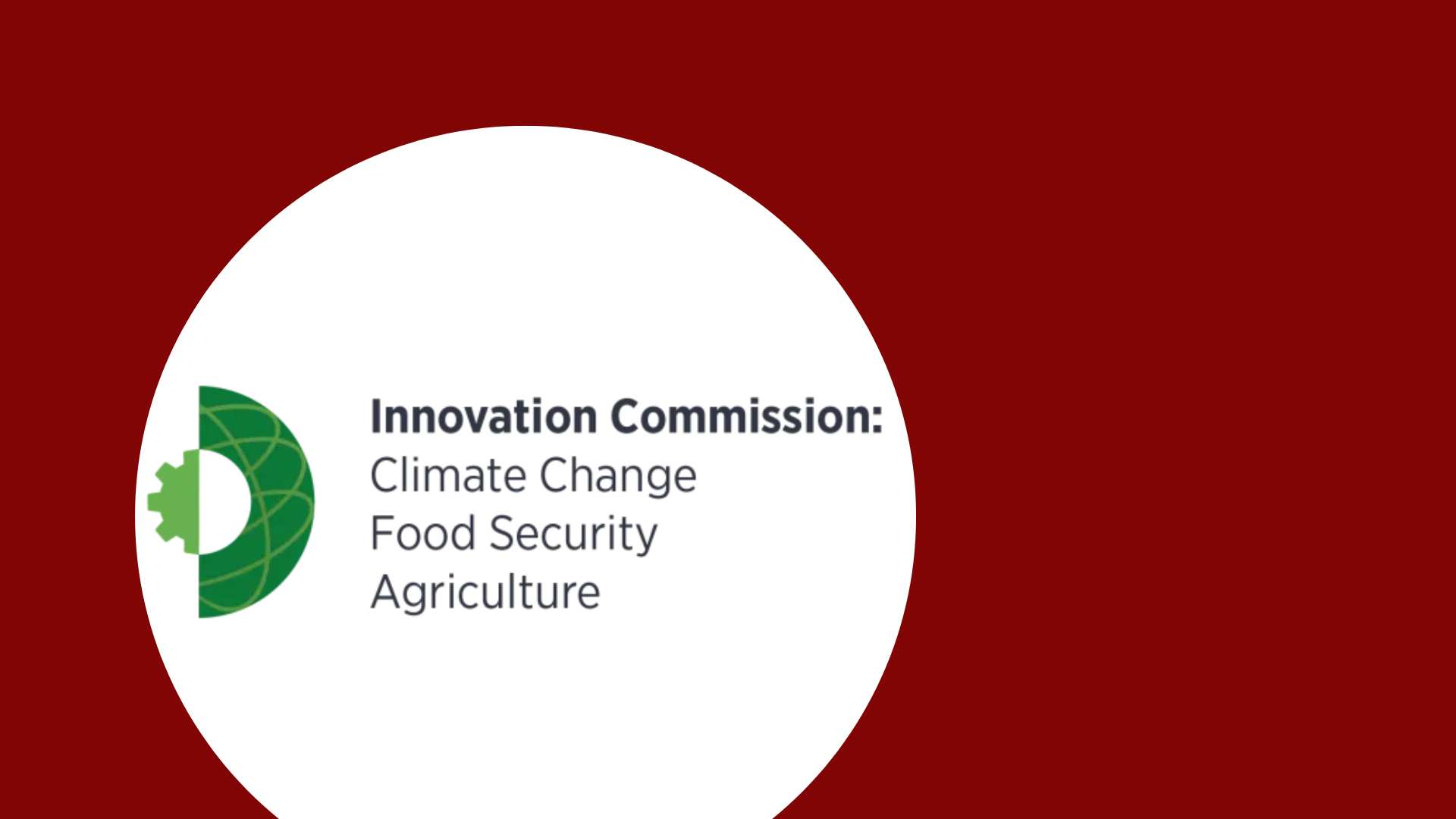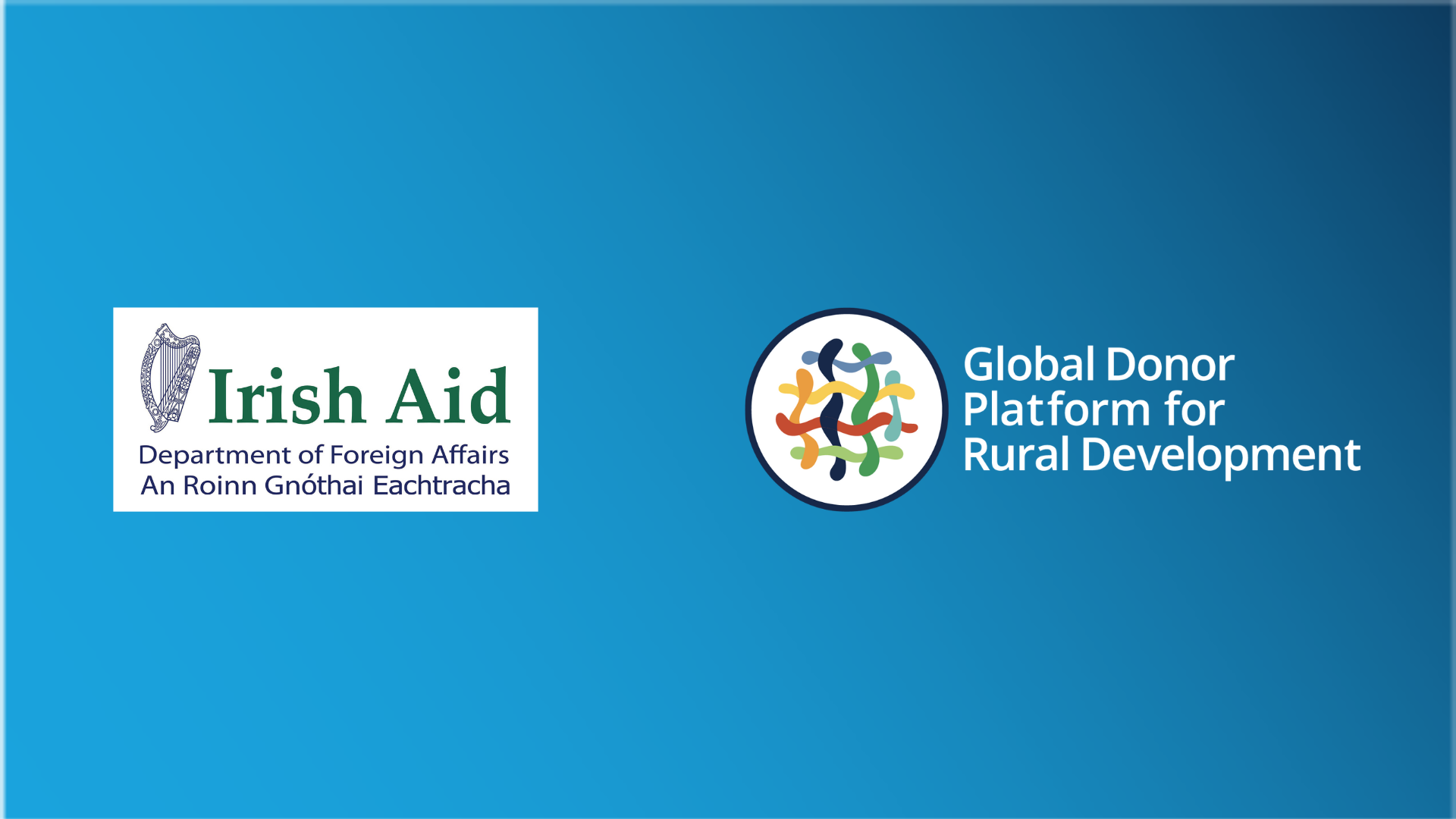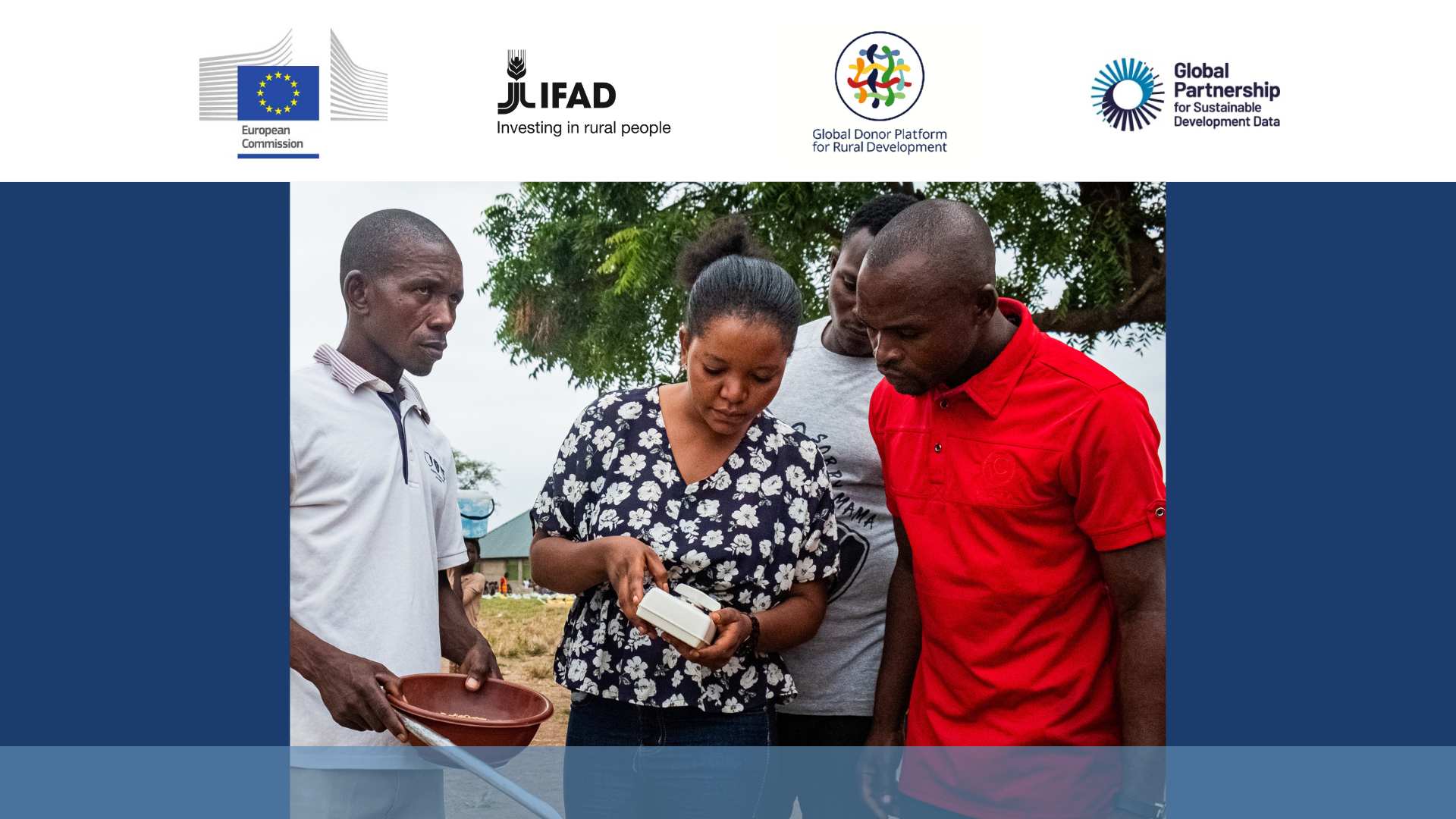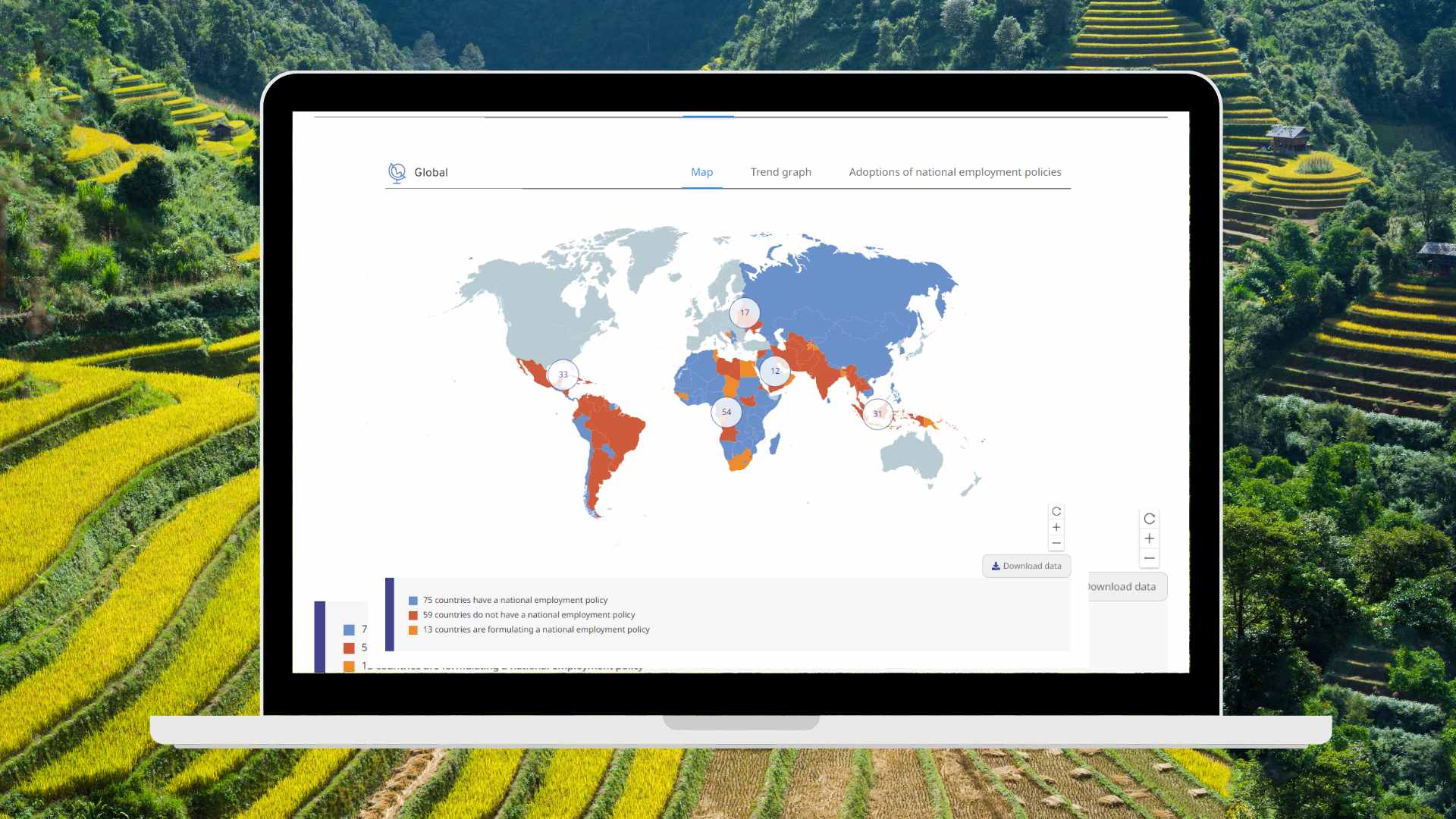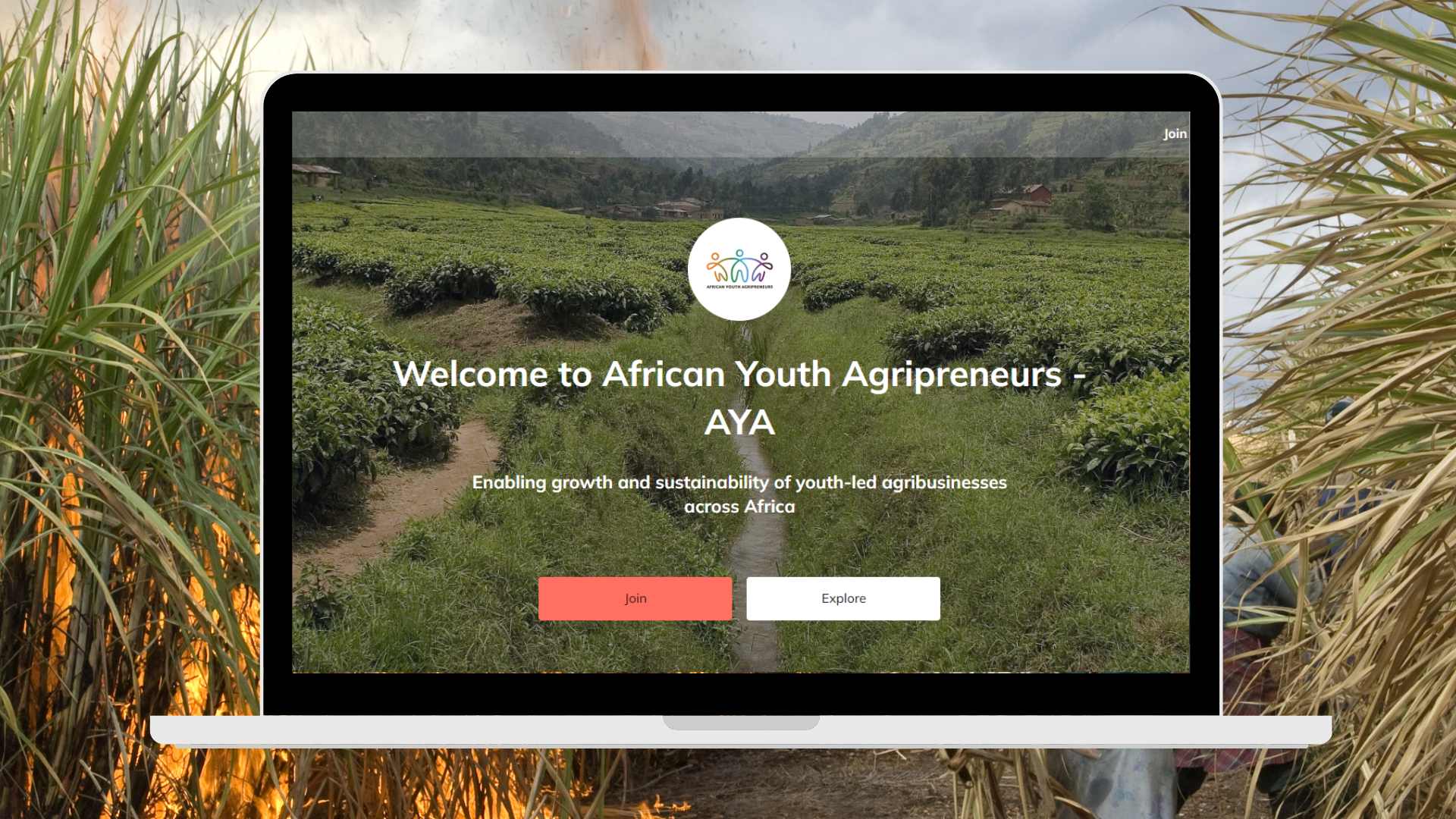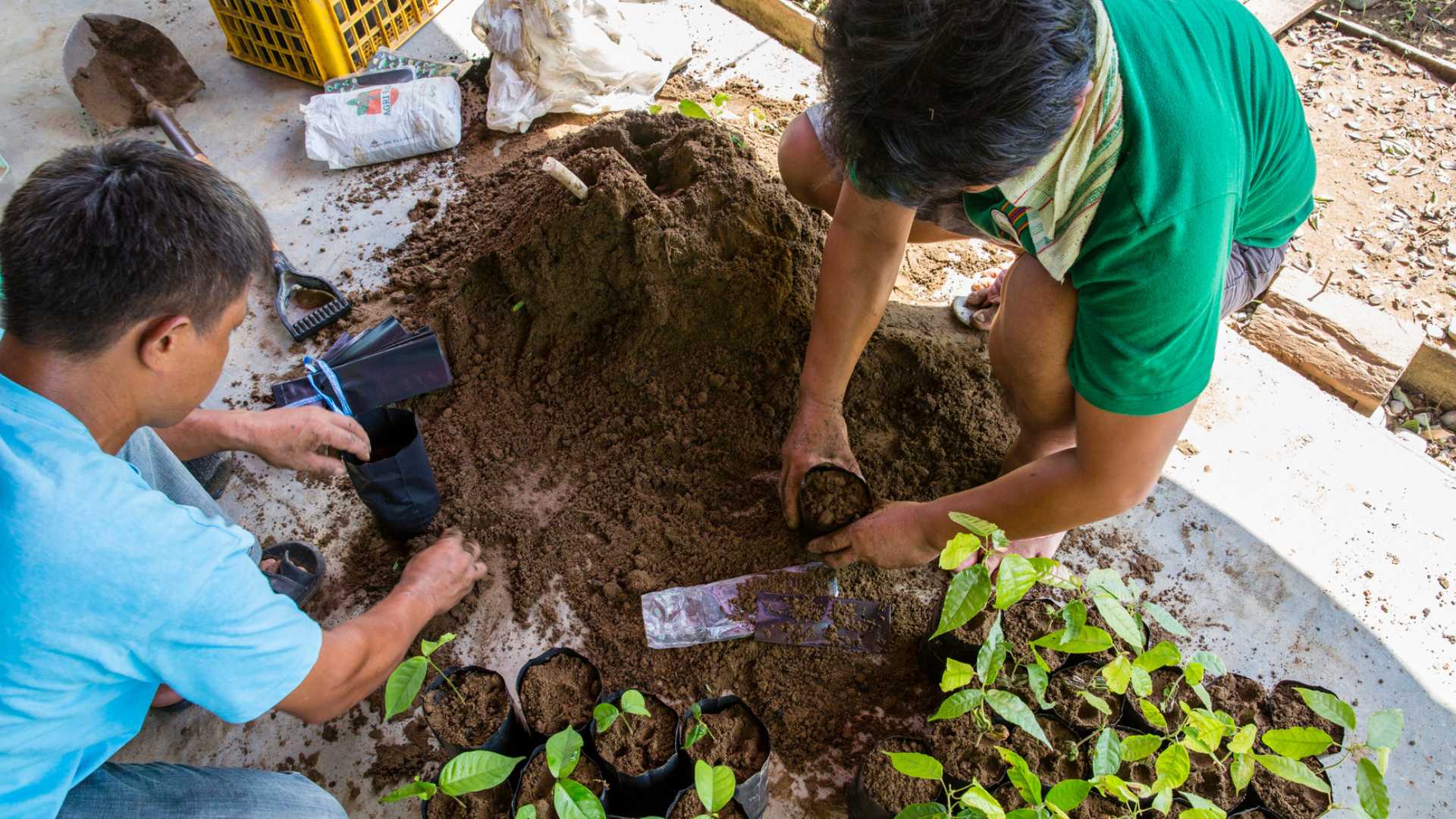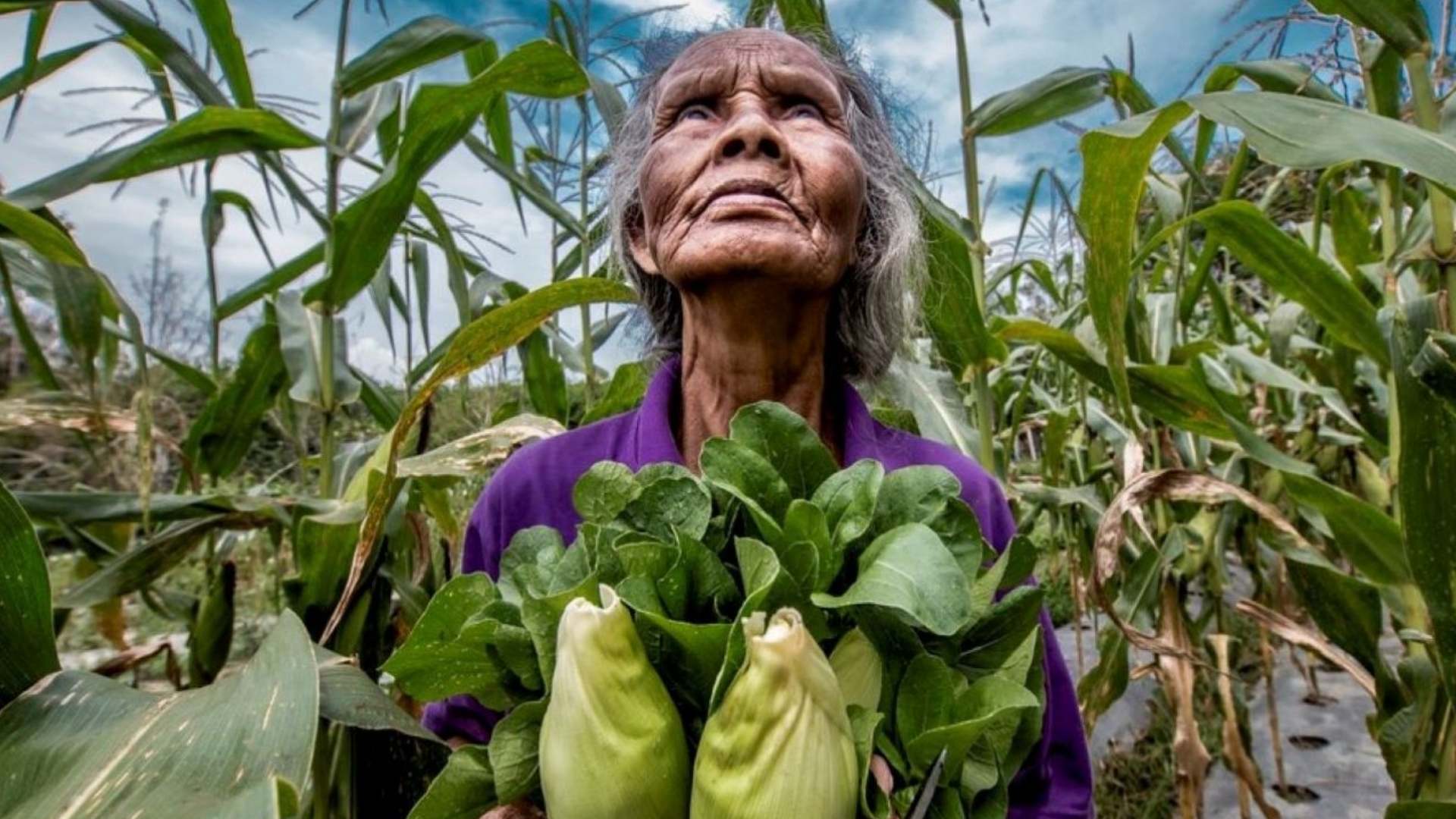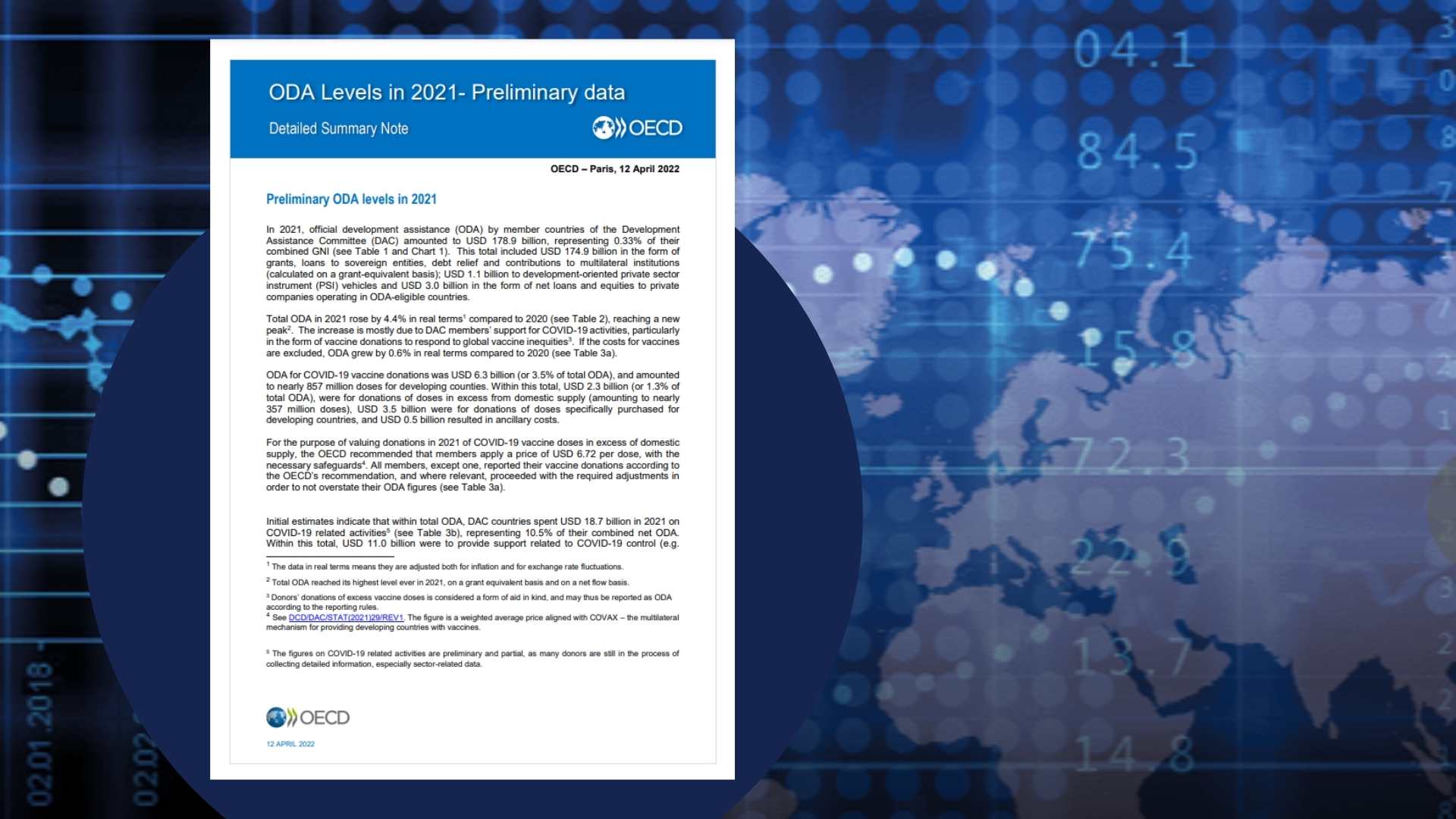Agriculture has a prominent place in the New Australia Foreign Policy White Paper 2017. The document recognises the rising pressure on the agricultural products supply, directly linking it to the Asian economic growth, urbanisation and expanding middle class. Building on its own expertise in agriculture, forestry and water management, Australia commits to responding to shared challenges such as climate change, growing population and limited natural resources.
Links
Australia’s development assistance in agriculture
Australia will work on reducing barriers to trade in agricultural products. The government will continue to engage within WTO and in APEC to facilitate trade through improved standards, by promoting standards and regulations for agriculture and food safety. Next to trade, the paper identifies sustainable agriculture and cities, climate smart infrastructure, water management and climate finance as additional tools to harvest opportunities in international development. Australian efforts should support partner countries to improve governance, education, health, but also enhance productivity in agriculture, fisheries and water, making them more competitive and ensuring the base for sustainable economic growth. The paper also explicitly highlights the positive impact private sector could have in the agricultural development.
Australia’s investment in agriculture, fisheries and water
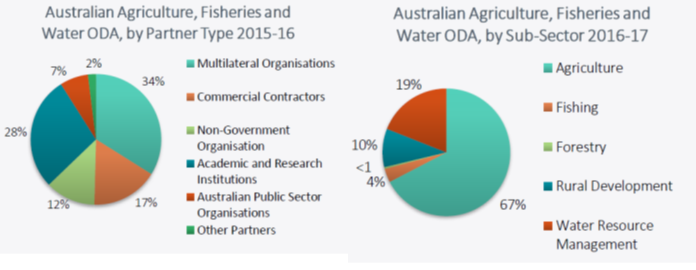
The budget estimation in the sector for 2017-18 is $339.5 million. The aid strategy recognises that the agriculture and fisheries sectors provide livelihoods for millions of workers, particularly in rural areas. These are also the sectors underpinning food security and nutrition. Australia also sees the sectors, as the ones that will require strategic investments in order to respond to the growing challenge of climate change and food demand. Optimising the potential of the sectors and adapting the production practices will be the biggest challenge of development policy.
Overall, the strategy for Australia’s aid investment in agriculture, fisheries and water aims to “promote prosperity, reduce poverty and engage stability”. To reach these overarching goals, the government will prioritise its efforts in three areas:
- Strengthening markets – ensuring access to markets for smallholder farmers and leveraging private sector investments and innovation;
- Innovating productivity and sustainable resource use – improving productivity along the food and agricultural value chains, while sustainably using natural resources;
- Promoting effective policy, governance and reform – supporting sustainable and inclusive growth and open trade, and improving the environment for business, investments and innovations.



